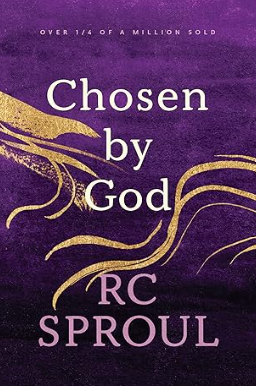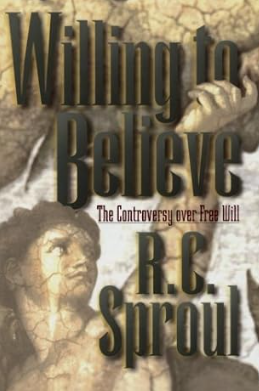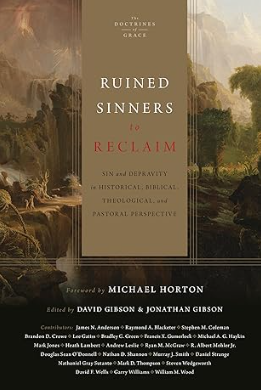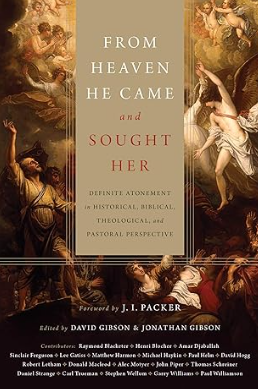1 - Beginner
Chosen by God
R.C. Sproul

The beginner book on this topic has been responsible for many Christians coming to see the beauty in being chosen by God from before the foundation of the world. I can personally testify that the Lord used this book to develop a God-centered view not only of the world – but even of my own salvation. If you find yourself desiring to be persuaded – or even just to better understand – Reformed theology and the doctrines of grace, this is absolutely the place to start.
2 - Intermediate
Willing to Believe: The Controversy over Free Will
R.C. Sproul

After I read Sproul’s Chosen by God as a college student, I was so offended and upset at the idea that God chose me that I immediately picked up and read another of Sproul’s books. That book was this one: Willing to Believe. This one also offended me, but to tell you the truth I was starting to get used to it, and I kind of even liked it. Reflecting on God’s power to change the human heart is humbling, but in a way that strips us of our ability to say that I contributed to this amazing thing God has given by his grace.
3 - Advanced
Ruined Sinners to Reclaim: Sin and Depravity in Historical, Biblical, Theological, and Pastoral Perspective
David Gibson (Editor)

When some people think of Calvinism or election, they begin by thinking about predestination. And yet the whole reason predestination and the divine initiative is necessary in the first place is that human fallenness is so severe that we are not merely sick from our sins, but that we are dead in our sins. This is the doctrine of total depravity. This volume, edited by David Gibson, includes an incredible list of contributors, all of whom persuasively make the case that Total Depravity is a biblical teaching, but also that it has deep historical roots as well. A big, challenging book, this was a favorite book of mine that came out in 2024.
3 - Advanced
From Heaven He Came and Sought Her: Definite Atonement in Historical, Biblical, Theological, and Pastoral Perspective
David Gibson (Editor)

For whom did Christ die? When I was a younger Christian, I was used to sharing the gospel by saying, “Jesus died for your sins.” And yet one looks to the New Testament in vain for such a teaching. The authors of this volume argue persuasively that the biblical and historical teaching of the church leads one to conclude that Christ definitely died for specific sinners to forgive them of their sins. Rather than a universal atonement that potentially saves all people, Christ shed his blood with a specific aim and purpose related to his mission of laying his life down for his sheep. If you want to understand Definite Atonement (sometimes mistakenly called “limited atonement”) better, this volume is a great place to go deeper, though it is a large and challenging work.
